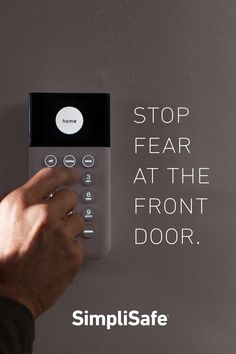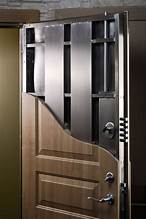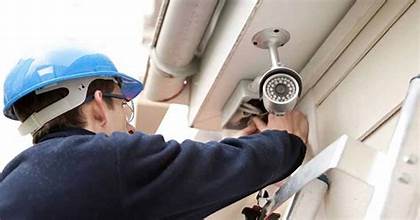How to Choose the Right Home Security Alarm Systems for Your Needs
Home security is a crucial consideration for every homeowner. With crime rates fluctuating and safety concerns always looming, investing in a reliable home security alarm system is a proactive step towards safeguarding your family and property. However, with the myriad of options available in the market today, selecting the right alarm system can be overwhelming. This guide aims to simplify the process and help you make an informed decision tailored to your specific needs.
1. Assess Your Security Needs
Before diving into the world of home security systems, take some time to evaluate your specific requirements:
-
Property Size and Layout: Consider the size of your home and whether you have multiple entry points.
-
Neighborhood and Crime Rates: Assess the security risks in your area to determine the level of protection you might need.
-
Budget: Define a budget that aligns with your financial capacity without compromising on quality and reliability.
2. Understand the Types of Alarm Systems
There are several types of home security alarm systems available, each offering different features and levels of protection:
-
Burglar Alarms: These are designed to detect unauthorized entry through doors and windows.
-
Fire Alarms: Essential for detecting smoke and fire hazards, offering early warning in case of emergencies.
-
Integrated Systems: Combining burglar alarms, fire alarms, and sometimes even environmental sensors like carbon monoxide detectors.
3. Features to Look For
When choosing a home security alarm system, prioritize the following features to ensure comprehensive protection:
-
24/7 Monitoring: Professional monitoring ensures that emergency services are alerted promptly in case of an incident.
-
Mobile Access: Opt for systems that offer remote access via smartphone apps for monitoring and control on the go.
-
Smart Home Integration: Consider systems that can integrate with other smart home devices for enhanced convenience and automation.
4. Consider Installation and Maintenance
Decide whether you prefer a DIY installation or professional installation:
-
DIY Systems: Typically easier to install and more cost-effective, ideal for tech-savvy homeowners.
-
Professional Installation: Ensures proper setup and integration, often accompanied by ongoing maintenance and support.
5. Evaluate Reputation and Reviews
Research the reputation and customer reviews of alarm system providers:
-
Customer Feedback: Look for testimonials and reviews to gauge user satisfaction and reliability.
-
Industry Certifications: Check if the company meets industry standards and certifications for security equipment.
6. Customize Your System
Customization is key to tailoring your home security to fit your unique needs:
-
Additional Sensors: Consider adding motion detectors, glass break sensors, or cameras for enhanced security.
-
Contract Terms: Review contract terms, including length, cancellation policies, and any additional fees.
7. Compare Costs and Packages
Obtain quotes from multiple providers and compare:
-
Upfront Costs: Installation fees, equipment costs, and activation fees.
-
Monthly Fees: Monitoring fees and any additional charges for extra features or services.
8. Seek Professional Advice
Consult with security professionals or reputable providers:
-
Free Consultations: Many companies offer free consultations to assess your home and recommend suitable systems.
-
Ask Questions: Don’t hesitate to ask about system reliability, response times, and warranties.
Conclusion
Choosing the right home security alarm system requires careful consideration of your unique needs, property layout, and budget. By understanding the types of systems available, evaluating features, and researching providers, you can confidently select a system that provides peace of mind and protection for your home and loved ones. Remember, investing in a quality home security system is an investment in safety and security that pays off in the long run.



